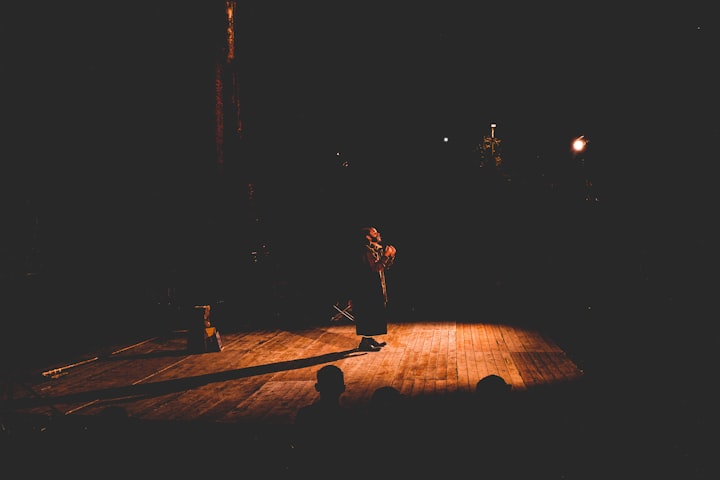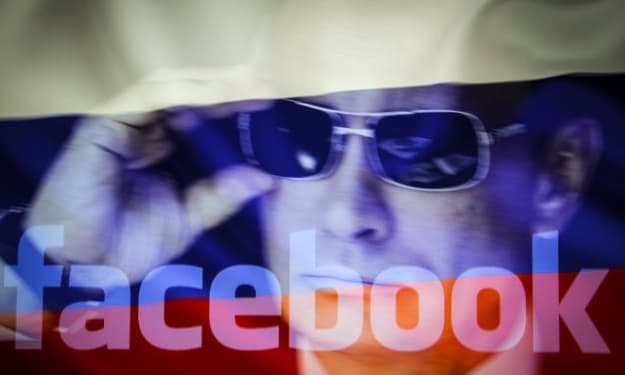Western Institutions Isolate Russia's Artists Amid Invasion of Ukraine
In less than a week, concerts and activities of several groups and artists from Russia were cancelled on the theatres and halls of Western countries, thus raising the spectre of cultural isolation.

Even at the height of the Cold War, Russian artists performed regularly on Western theatres. But with the war in Ukraine, Europe closed its doors to brilliant Russian names and teams in various artistic fields, which raises fears among some of a cultural "iron curtain".
In less than a week, concerts and activities of several groups and artists from Russia were cancelled on the theatres and halls of Western countries, thus raising the spectre of cultural isolation.
"Cultural exchanges between Russian, American and European artists continued even at the height of the Cold War," Peter Gelb, director of the Metropolitan House in New York, told AFP. "Of course, there were tensions," he said, "but it was possible."
Gelb, who visited Moscow days before the invasion of Ukraine, to discuss a co-production with the Bolshoi Theatre, noted that "what is happening today is different, it goes beyond the Cold War. It is a real war."
Peter Gelb, 69, knows exactly what he's talking about. In the eighties of the twentieth century, the American who was the manager of the famous pianist Vladimir Horowitz organized the return of this musician in force to his home country, as well as filmed the concert of the cellist Mstislav Rostropovich, who also returned during the era of restructuring (Perestroika).
Director of the "Metropolitan" House in New York: What is happening today is different, it goes beyond the Cold War. It's a real war
The first tours of Soviet artists in Western countries date back to the fifties, most notably the ballet troupes, as this type of dance is considered one of the most important arts in which the Russians excel, and was par excellence one of the faces of the "soft power" of the Soviet Union.
These concerts, during which the artists were under the watch of the Soviet authorities, constituted prominent historical stations, for example, the Bolshoi troupe’s visit to the London Ballet in 1956 with Galina Ulanova, and the first visit of the Kirov troupe, which was later renamed Mariinsky, to Paris in 1961, when it witnessed the defection of the famous dancer Rudolf Nureyev.
The Americans also did not fail to give concerts in the Soviet Union, as the American Ballet Theater performed its first performance in Moscow in 1960, followed two years later by the New York City Ballet, in the midst of the Cuban missile crisis, which did not resolve the resulting tensions without completing the troupe her tour.
After the collapse of the Soviet Union, the exchange intensified, and Russian dancers became stars in Western troupes, including Svetlana Zakharova, who was at the same time the main dancer in the Bolshoi Ensemble, and in those of the La Scala theater in Milan, Italy.
In this context, what was unimaginable before was achieved, as the American David Hallberg was chosen as the first star among the Bolshoi dancers.
However, "it is absolutely not possible in the current situation and the brutality it is witnessing against civilians to have exchanges like those that occurred during the Cold War," says Peter Gelb. In this sense, the "Metropolitan" house ended its cooperation with the Bolshoi Theatre.
The New York Foundation will also boycott all artists who support Russian President Vladimir Putin, a decision taken by the Paris Opera and others.
In this context, the Bolshoi Theater's visit to London, which was scheduled for this summer, has been cancelled.
And the Russian choreographer Alexei Ratmansky, who was the former director of the Bolshoi troupe, and then moved abroad, announced his withdrawal from two Russian works, one for her and the other for the Mariinsky troupe. As for Frenchman Laurent Eller, he resigned from the management of the ballet troupe at the Stanislavsky Theater in Moscow, after holding this position for five years.
The artistic repercussions caused by the Russian invasion of Ukraine affected two stars considered close to the Kremlin, the conductor of the Munich Philharmonic Orchestra in Germany, Valery Gergiev, and soprano Anna Netrebko. Gergiev became persona non grata in a number of theaters, while his manager announced the cessation of cooperation with him. As for the "queen" of classical singing, she refused to perform some of her concerts, most notably in the "Metropolitan" house, or the halls themselves took the initiative to cancel her appearances.
The artistic rebounds touched on two stars considered close to the Kremlin, the conductor of the Munich Philharmonic Orchestra in Germany, Valery Gergiev, and the soprano Anna Netrebko.
"Which geographic region will remain available to Russian artists in the coming months, given that they are not invited to the American and European continents? China has not yet given any indications that it will host them (due to Covid) -19), and therefore their country will remain for them.
He noted that Western boycotts of these artists would affect "three quarters" of their work. He expected "that no one would risk inviting artists from Russia" unless they had announced their disassociation from the Kremlin, while this war "resulted in the occupation of a country."
Although the treatment will not be the same for all artists, as some of them, such as the conductor of the orchestra Vasily Petrenko, who is based in Britain, announced the suspension of his activities in Russia, the situation will be more complicated for the institutions supported by the Moscow authorities.
"The Bolshoi, Mariinsky and the authorities cannot be distinguished, as they are government-funded, and the Bolshoi in the eyes of the people of the world means the Russian state. It's the same," said Pyle.
In a related context, the luxury fashion house Louis Vuitton announced that it has donated one million euros ($1.09 million), to help Ukrainian children suffering from the effects of the Russian war on their country. "The money will be provided immediately to UNICEF to help children affected by the conflict in Ukraine and their families," she said in a statement. In this move, the house followed the lead of other brands, such as "Balmain", "Balenciaga" and "Kering" luxury goods group.
The French Haute Couture and Fashion Confederation said, in conjunction with Paris Fashion Week, that its members would make "donations to refugees through the United Nations High Commissioner for Refugees."
The world-famous French restaurant guide, Michelin, announced on Friday the suspension of its activities in Russia due to the war in Ukraine, after a year of expanding its interests to its cuisine influenced by the republics of the former Soviet Union. Michelin Networks and its application.
Michelin's decision is symbolic, as last October the guide's awarding of stars to nine Moscow restaurants - for the first time - was the world's culmination of Russian cuisine, which was not considered upscale.






Comments
There are no comments for this story
Be the first to respond and start the conversation.